Taxes: 62% Say They Pay More Than Their Fair Share
At a time when President Joe Biden is reportedly considering new taxes on the rich, more Americans than ever think they already pay more than their fair share of taxes.
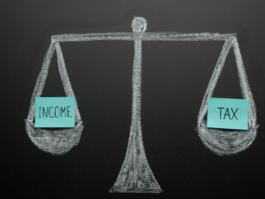
At a time when President Joe Biden is reportedly considering new taxes on the rich, more Americans than ever think they already pay more than their fair share of taxes.
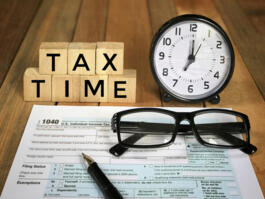
As next month’s income tax deadline nears, fewer Americans trust the Internal Revenue Service and more are worried about their taxes being audited.
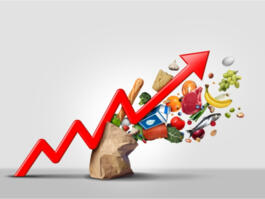
President Joe Biden’s policies have increased inflation, according to a majority of voters, who expect the issue to be important in November midterm elections.

Soaring fuel prices have caused a majority of Americans to drive less and reduce spending in other areas of their household budgets.
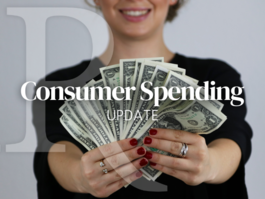
Economic confidence rose to 97.6 in this month’s Rasmussen Reports Economic Index, about one point higher than February. This month’s gain follows two months of declines that in February brought the index to its lowest point since May 2020.

Americans are ahead of last year’s pace in filing their income taxes, but fewer expect a refund from the Internal Revenue Service.
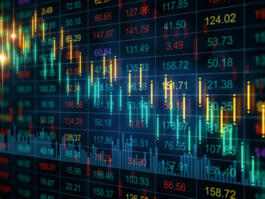
Most Americans don’t expect the stock market to rise in the next year, and more than half worry that the U.S. could face another Great Depression.
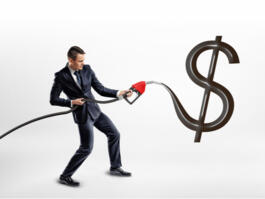
Russia’s invasion of Ukraine has caused gasoline prices to spike, and most Americans expect the cost to continue rising.
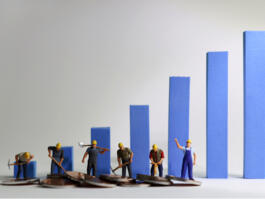
More than four out of five Americans believe the minimum wage – currently $7.25 an hour – should be raised to at least $9.50, but fewer than half believe a minimum wage increase would help the economy.

Economic pessimism has taken hold and fewer Americans believe today’s children will be better off than their parents.
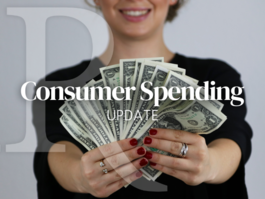
Economic confidence fell to 96.5 in this month’s Rasmussen Reports Economic Index, eight-tenths of a point lower than January. This second consecutive month of declines brings the index to its lowest point since May 2020.

While a majority of Americans have positive opinions about Amazon, they fear local businesses will suffer from the online competition.
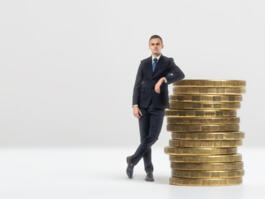
American workers are now less optimistic they’ll get a raise soon, but most plan to hold on to the job they’ve got.
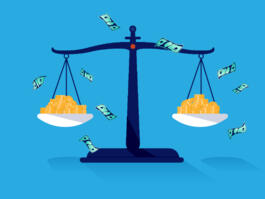
Voters increasingly see the U.S. economy as being unfair, and think it is especially unfair to blacks and Hispanics.
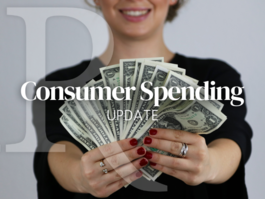
Economic confidence fell to 97.3 in this month’s Rasmussen Reports Economic Index, nearly two points lower than December. January’s decline follows two consecutive months of gains since hitting 96.6 in October, which was the lowest index since May 2020.
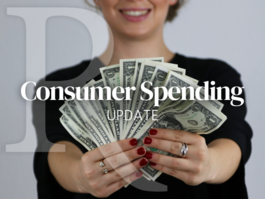
Economic confidence rose to 98.9 in this month’s Rasmussen Reports Economic Index, two points higher than November. This is the second consecutive monthly gain since October, which was the lowest index since May 2020.
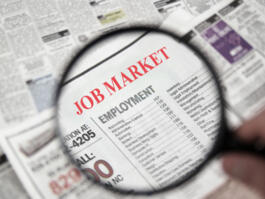
Public perception of the job market has shifted toward pessimism, and more Americans now expect the employment picture to get worse than better.
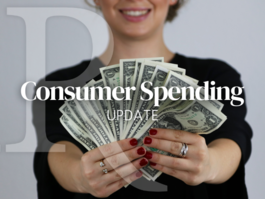
Economic confidence rose to 96.9 in this month’s Rasmussen Reports Economic Index, less than one point higher than October, which was the lowest index level since May 2020.
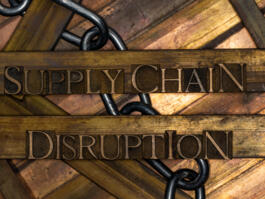
As the supply-chain crisis continues, an overwhelming majority of voters are worried about potential shortages of basic supplies, and most think President Joe Biden’s administration is not doing enough about the problem.
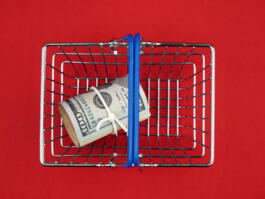
More than half of Americans say rising grocery prices have changed the way they eat, and they expect to pay even more in the future.